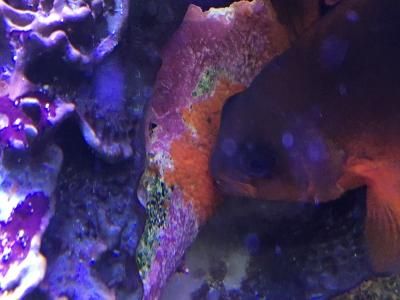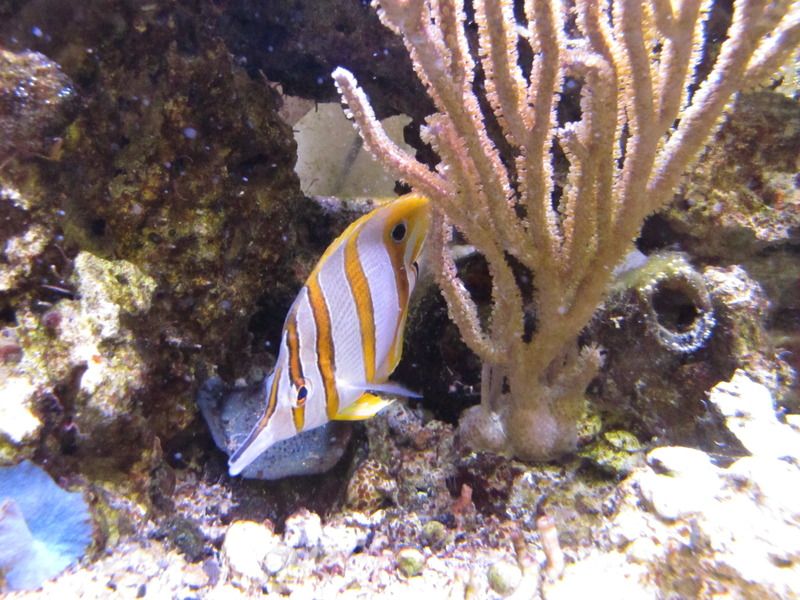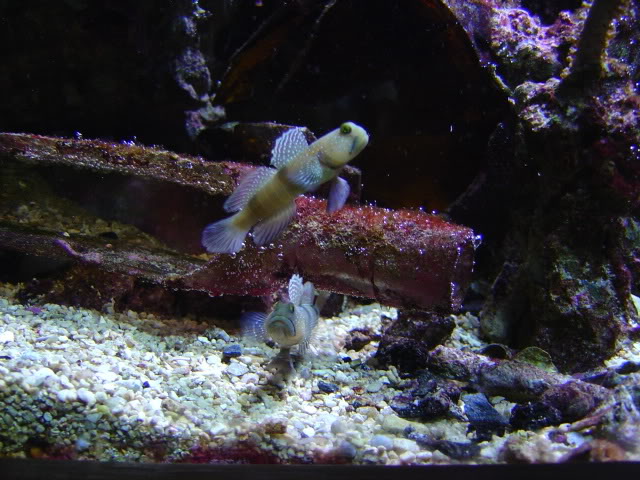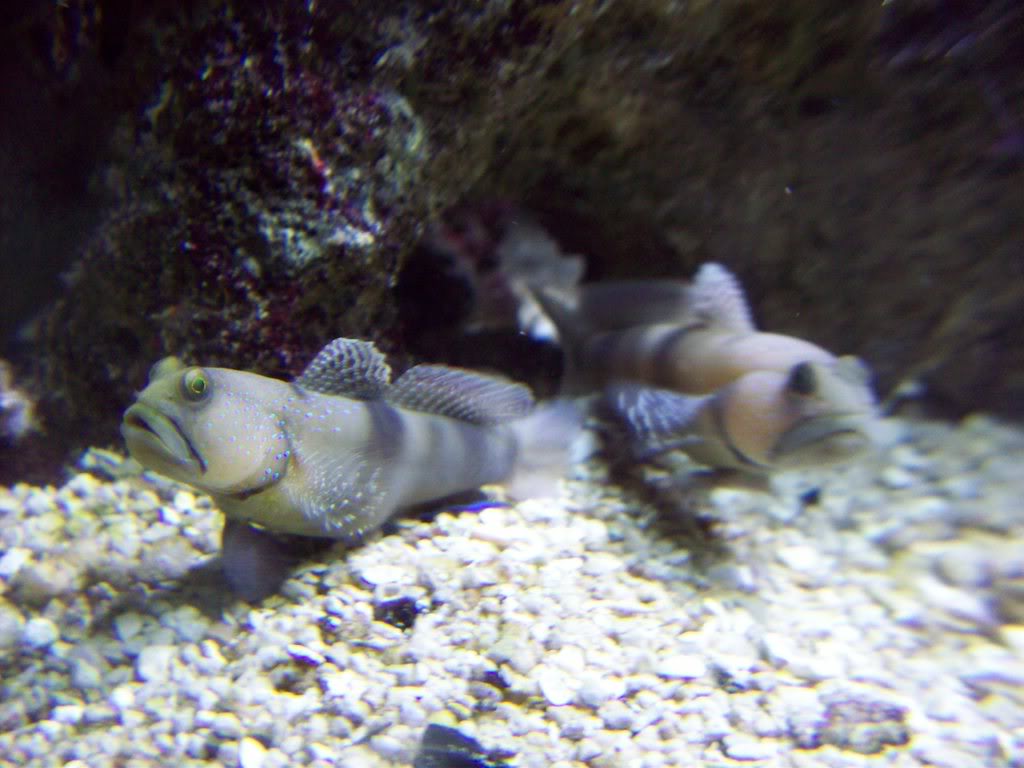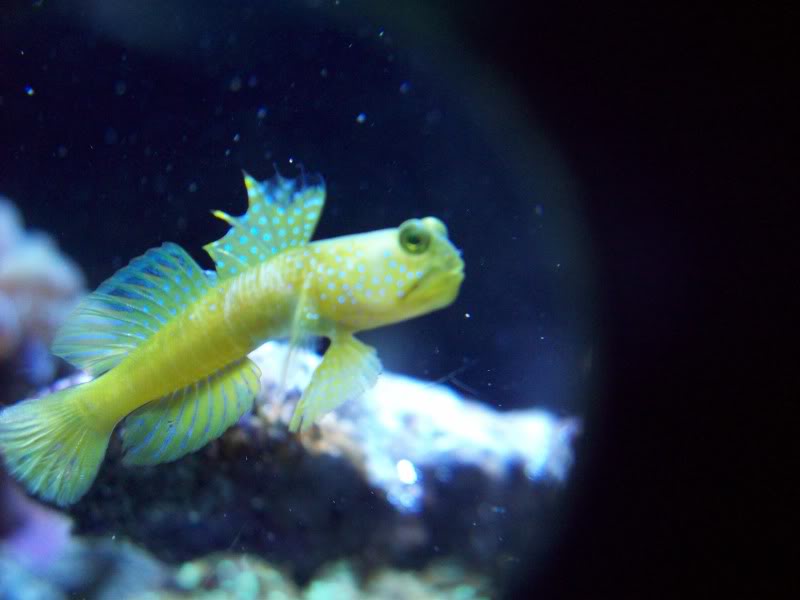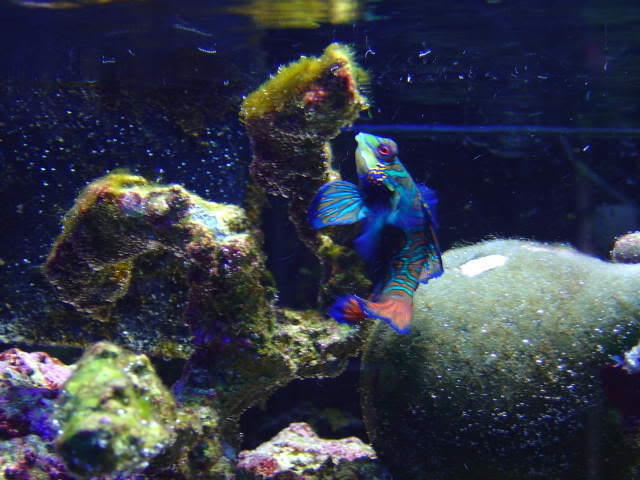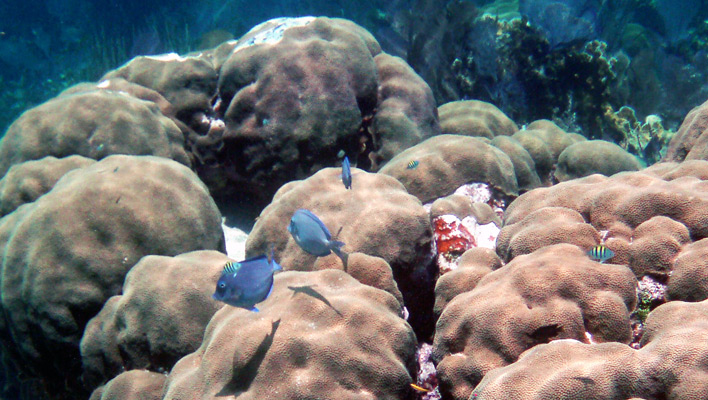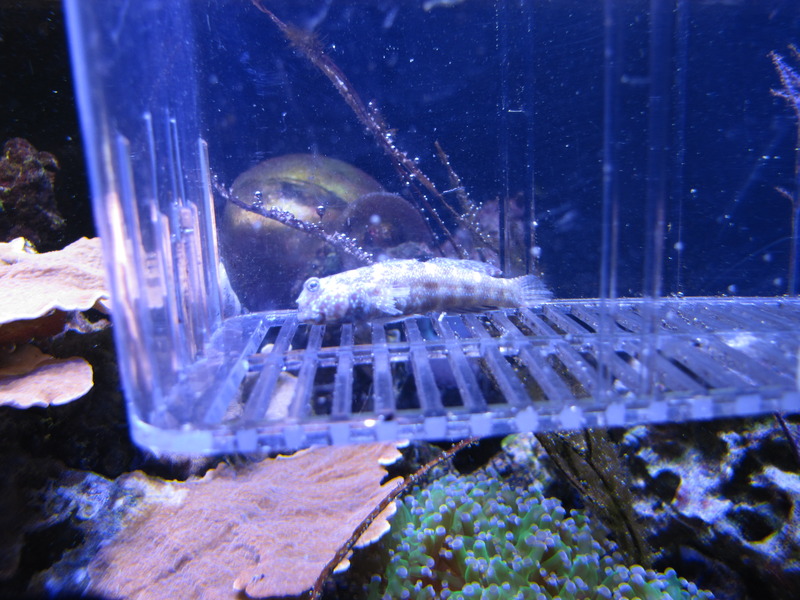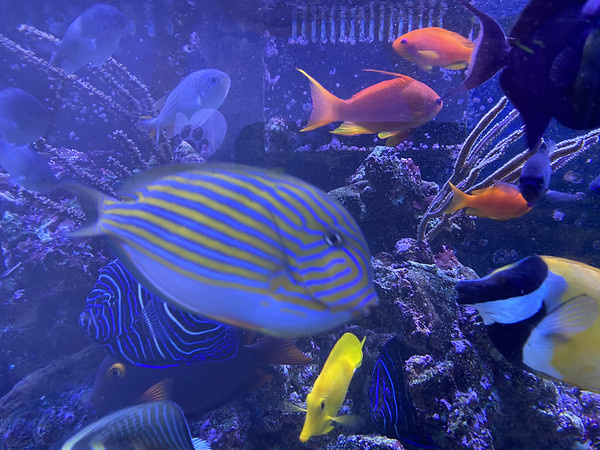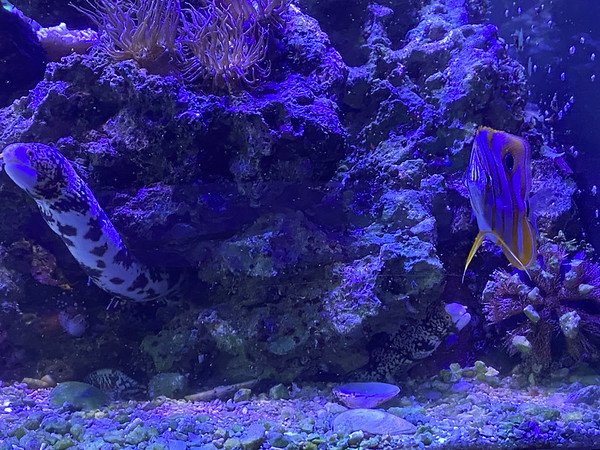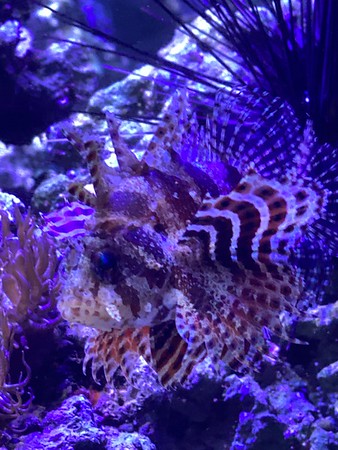- Joined
- Dec 28, 2016
- Messages
- 22,829
- Reaction score
- 21,962
Yes - I also don't feed any live foods - except for occasional LRS. I do the same as you - They only time I have had problems with fish dying is when I've gone the 'cheap way' and bought online.
Fyi - I believe in QT (observation. - no medication) - and the LFS I buy from does this as well. Since I have stuck with one local store - I have not lost a fish in years (except the tusk that jumped out). I think much of the problem with fish disease relates to stress from shipping multiple times - often over a short period of time. Also the conditions the fish were kept in during the wholesale process.
One problem with this discussion is definitions - there is Pauls definition and Lasse's definition Atolls definition, my definition - and many others - but we all talk about it as if it was one 'word' - or 'method' (or 2 methods). So - whether your tank is 4 years old of 10 years old - or 40 years old - there is no 'scientific study' - because of the great variety of fish species the people keep, the conditions they are kept in.





